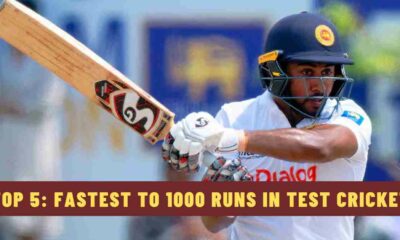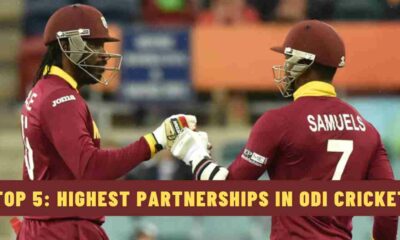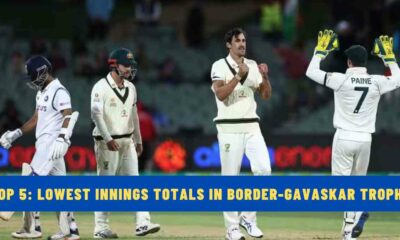IPL Specials
IPL Trading – Explained
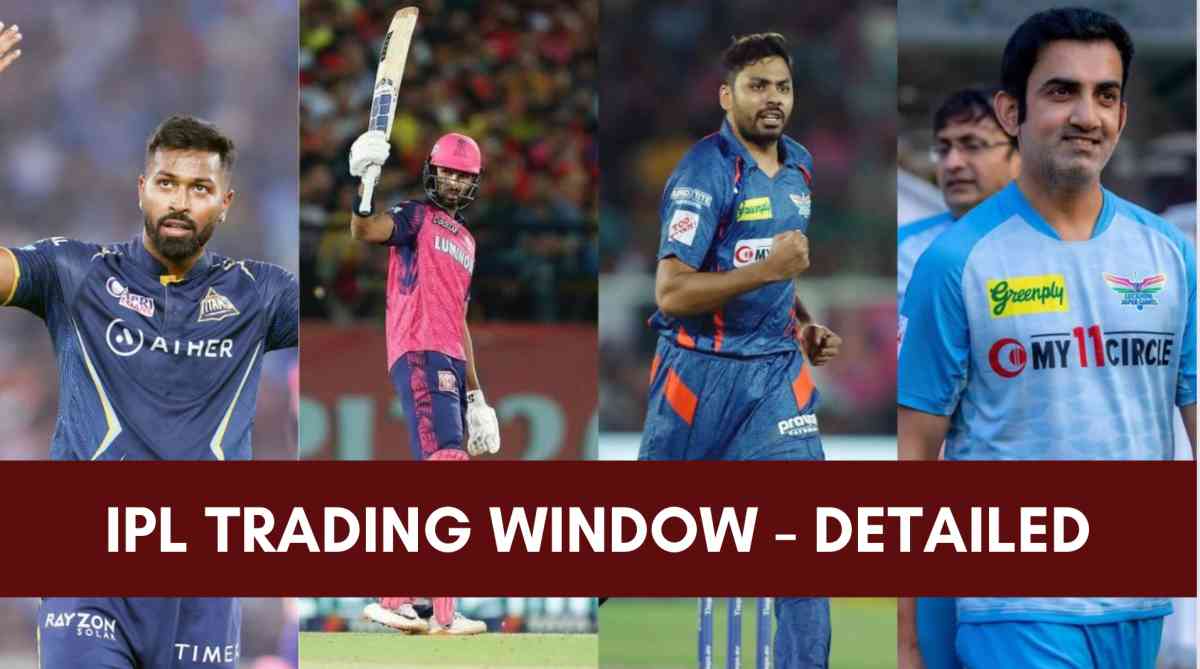
The Indian Premier League (IPL) is not just a cricketing extravaganza but also a platform where strategic team-building plays a crucial role. One of the key mechanisms that teams use to bolster their squads is the IPL Trading Window, a period during which franchises can trade players with each other. Let’s delve into how this fascinating process works.
The IPL Trading Window is a designated period, usually held between seasons, where franchises can trade players from their existing squad with other franchises. This window allows teams to strengthen their line-ups, address weaknesses, and strategize for the upcoming season.
IPL Trading Duration
The trading window is typically open for a few weeks, giving teams enough time to negotiate deals. However, the exact duration can vary from season to season. The rules governing player trades are set by the IPL Governing Council and are designed to ensure fairness and transparency.
Who Can Be Traded?
During the trading window, teams can trade both capped and uncapped players. However, there are certain restrictions. For instance, a franchise cannot trade more than four players with another franchise during a trading window. Additionally, the total value of the players being traded (as determined by the IPL Governing Council) cannot exceed a certain limit.
How Does the Trading Process Work?
The trading process begins with teams identifying players they wish to trade. Once a team has identified a player, they can approach the player’s franchise with a trade proposal. If the other franchise is interested, negotiations begin.
Negotiations can involve a variety of factors, including player availability, performance history, and the needs of both franchises. Once both parties agree to the terms of the trade, it is submitted to the IPL Governing Council for approval.
Approval and Completion of Trades:
The IPL Governing Council reviews all trade proposals to ensure they comply with the league’s rules and regulations. If a trade is approved, it is officially completed, and the players involved become part of their new teams.
IPL Trading Rules:
The IPL (Indian Premier League) has specific rules regarding player trades and transfers, which are designed to maintain fairness and transparency in the league. Here’s a breakdown of some key rules:
1. Player Swaps and Cash Deals:
Franchises can either swap players with each other or buy players in an all-cash deal. This allows teams to address specific needs in their squad by trading players with other franchises.
2. Final Approval by IPL Governing Council:
The IPL Governing Council reserves the right to give final approval for any trade. This ensures that all trades comply with the league’s rules and regulations.
3. Priority for Selling Franchise:
If multiple franchises are interested in signing a particular player, the franchise that is selling the player has the right to choose which team the player goes to. This gives the selling franchise some control over the trade process.
4. Player Consent:
Player consent is mandatory ahead of any trading or transferring of the said player. This ensures that players are not traded against their will and have a say in where they play.
5. No Trading of ‘Icon’ Players:
Franchises are not permitted to trade ‘icon’ players.
IPL Trading Scenarios
Player Exchange:
In this scenario, two franchises agree to exchange players, with each team receiving a player they believe will better suit their needs. For example, Team A might trade a fast bowler to Team B in exchange for a middle-order batsman. Both teams benefit by addressing specific gaps in their squads.
Cash Considerations:
Sometimes, teams might include cash considerations in a trade. This could happen if the value of the players being traded is not equal. For instance, if Team A is trading a high-performing player with a high market value to Team B, they might also offer cash to balance the trade.
Multi-Team Trades:
While less common, multi-team trades can occur where more than two franchises are involved in a single trade. This can lead to complex negotiations as teams try to balance their needs and assets while complying with the IPL’s trade rules.
Future Considerations:
Teams might also agree to trade players for future considerations, such as draft picks in future IPL auctions. This allows teams to plan for the long term, especially if they believe they can get better value in future auctions.
Strategic Trades:
Sometimes, trades are made not just to address immediate needs but also to strengthen a team’s position against specific opponents. For example, if a team is struggling against a particular type of bowling, they might trade for a player who excels in that style of bowling.
Salary Cap Management:
IPL teams operate under a salary cap, which limits the total amount they can spend on player salaries. Teams might make trades to manage their salary cap more effectively, especially if they are close to exceeding the cap.
Player Preference:
In some cases, a player might express a desire to be traded for personal or professional reasons. While this is less common, player preferences can play a role in trade negotiations.
Last-Minute Deals:
Just like in other sports leagues, some trades in the IPL might be finalized at the last minute, just before the trading window closes. These deals can sometimes involve intense negotiations as teams try to finalize their squads before the deadline.
Impact on Teams:
The IPL Trading Window can have a significant impact on the composition of teams. Successful trades can strengthen a team’s squad, while unsuccessful trades can leave gaps that need to be filled through other means, such as the IPL Auction.
The IPL Trading Window is a critical component of team-building in the IPL. It provides franchises with the opportunity to make strategic moves that can have a profound impact on their performance in the upcoming season. As the league continues to evolve, the trading window will likely remain an important tool for teams looking to stay ahead of the competition.
-
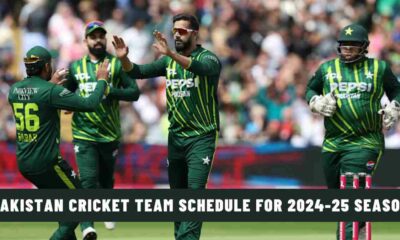
 Schedule9 months ago
Schedule9 months agoPakistan Men’s Cricket Team Home & Away Full Schedule for 2024-25 Season
-
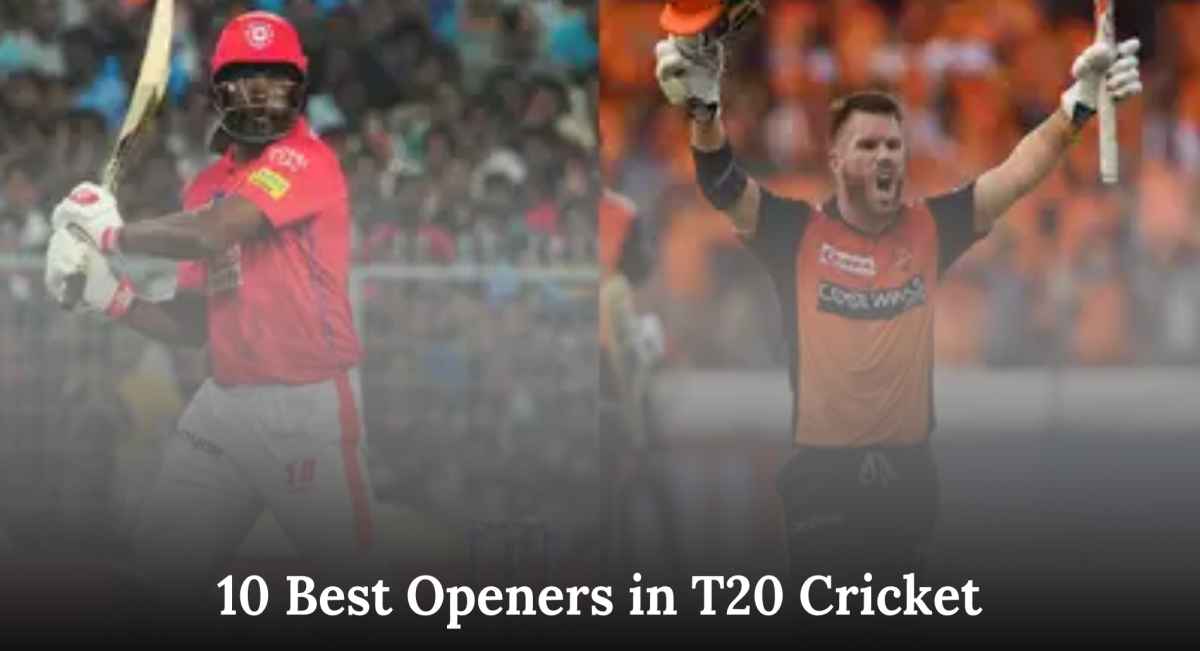
 Cricket Listicles11 months ago
Cricket Listicles11 months agoTen Best Openers in T20 Cricket World
-
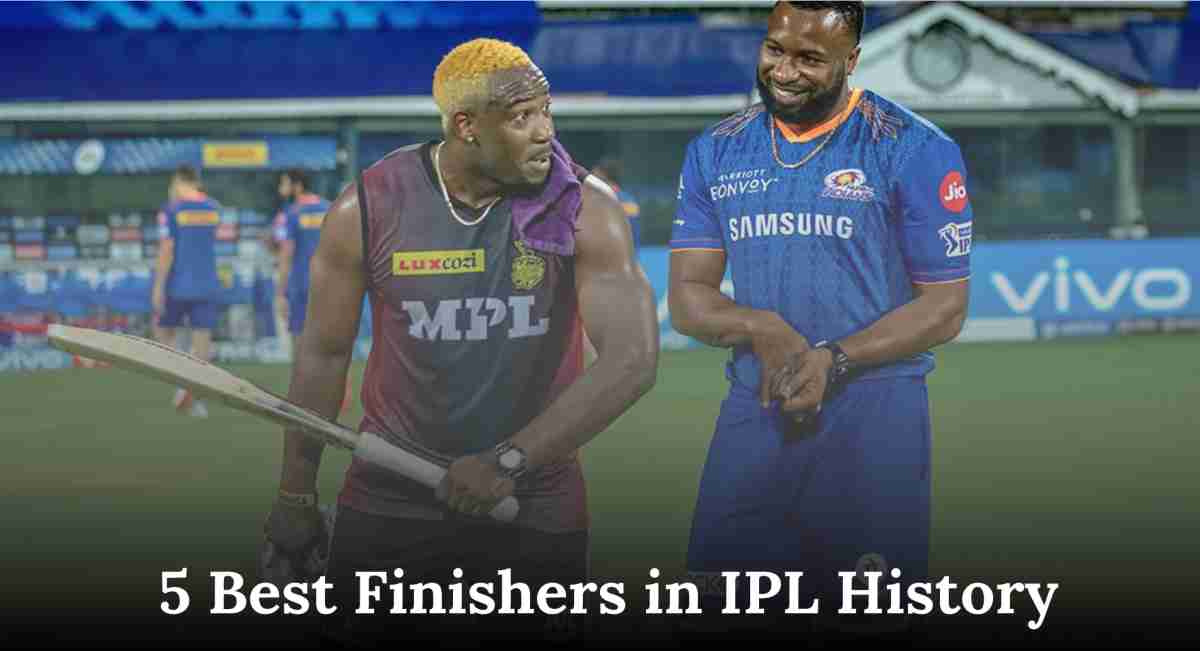
 IPL Specials11 months ago
IPL Specials11 months agoThe Five Best Finishers in IPL History
-

 Schedule7 months ago
Schedule7 months agoUpcoming ICC Tournaments from 2025 to 2031
-
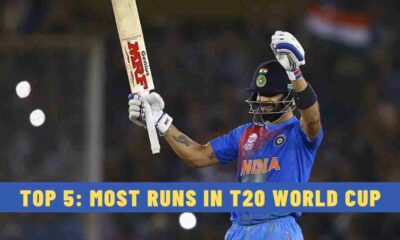
 T20 World Cup10 months ago
T20 World Cup10 months agoTop 5: Most Runs in T20 World Cup
-
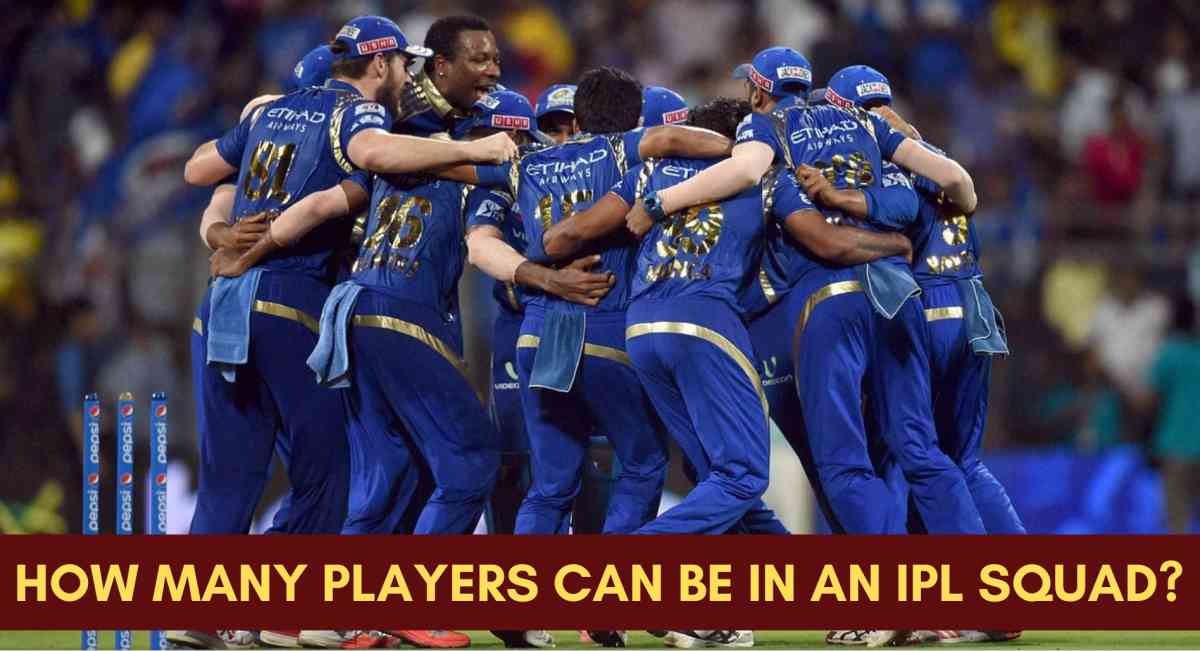
 IPL Specials11 months ago
IPL Specials11 months agoHow many players can be in an IPL squad?
-
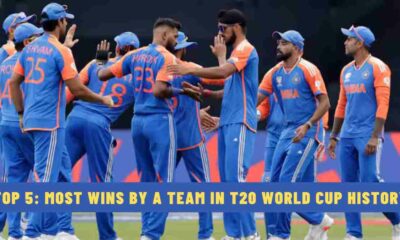
 T20 World Cup10 months ago
T20 World Cup10 months agoTop 5: Most Wins by a Team in T20 World Cup History
-
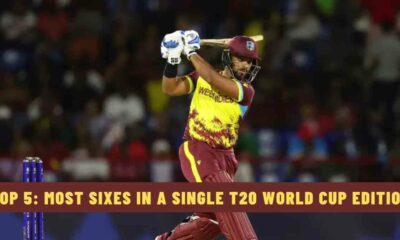
 T20 World Cup10 months ago
T20 World Cup10 months agoTop 5: Most Sixes in a Single T20 World Cup Edition





